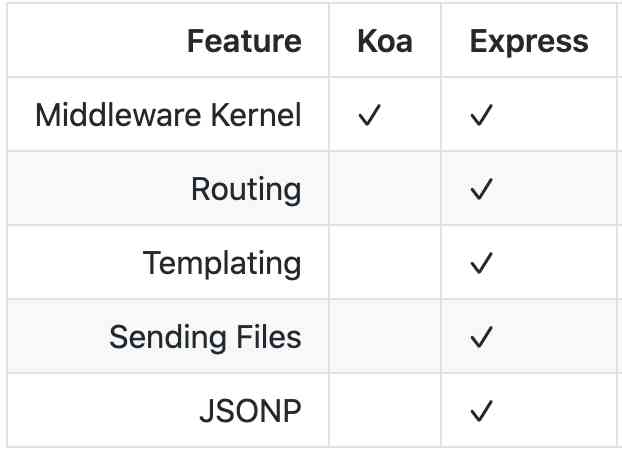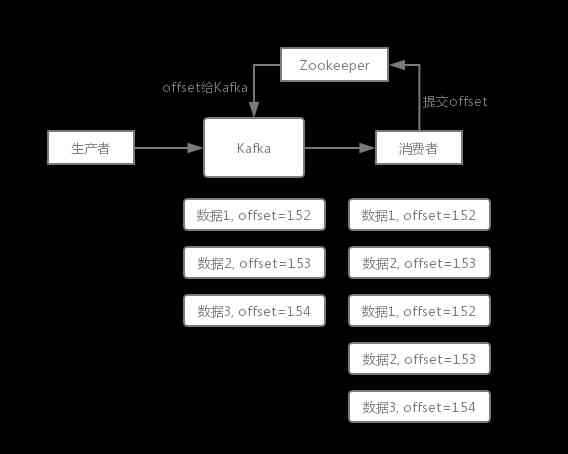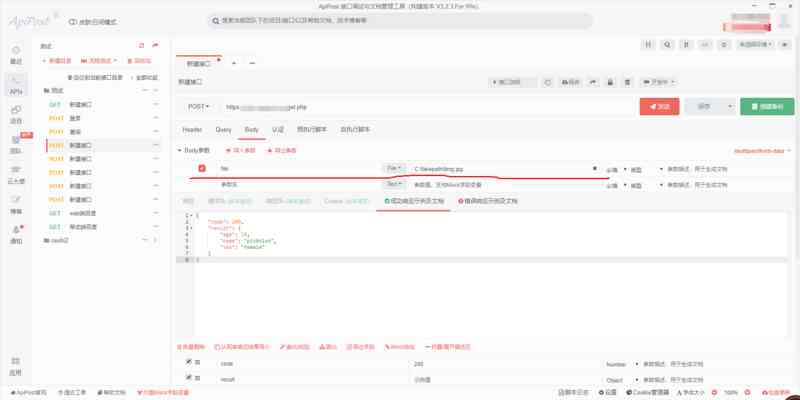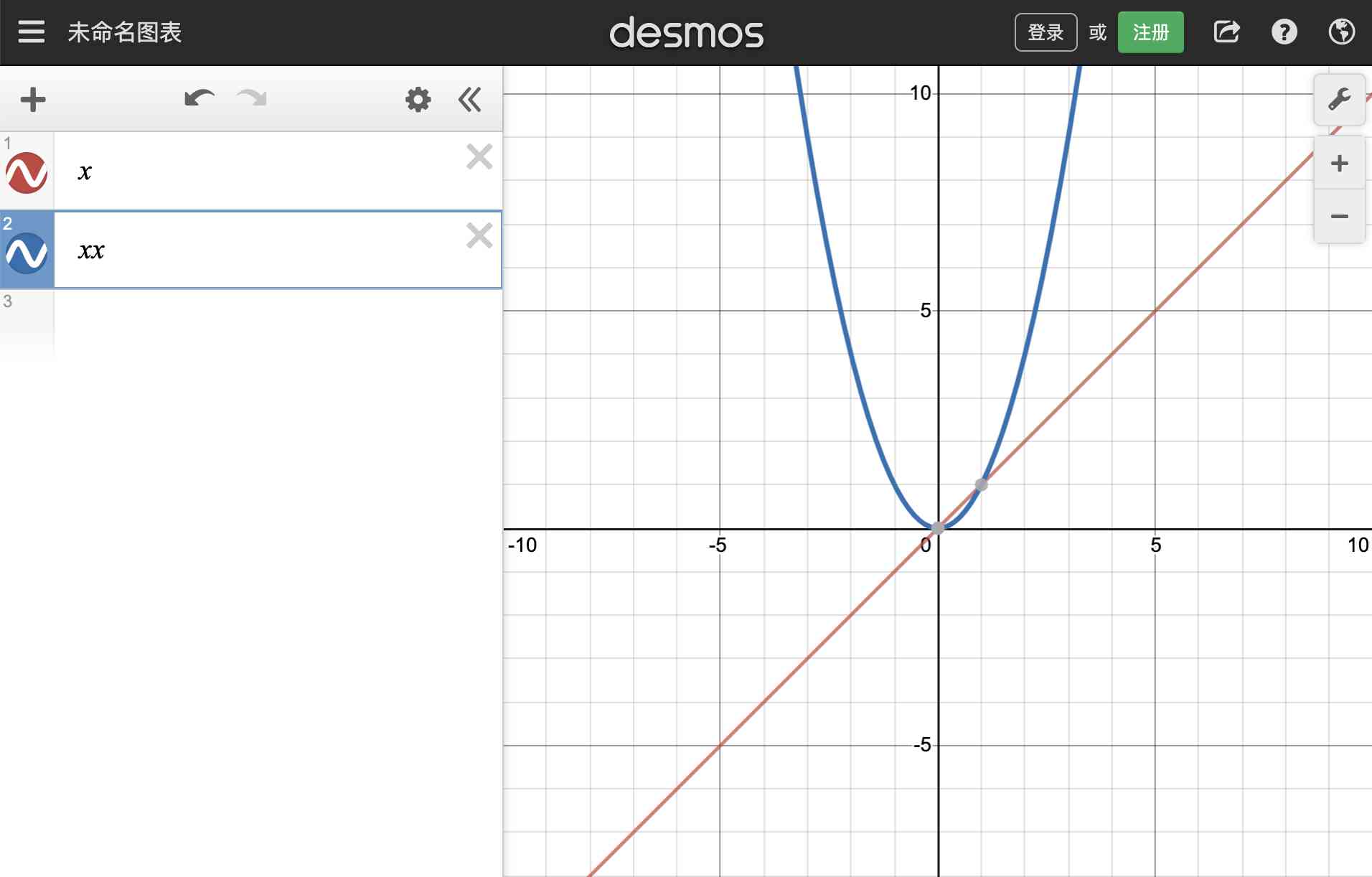Pre initialize
On the outside var initialization
package main
import (
"fmt"
"time"
)
var startTime = time.Now()
func main() {
fmt.Println(startTime)
}
stay init Function initialization
package main
import (
"fmt"
"time"
)
var startTime time.Time
func init() {
startTime = time.Now()
}
func main() {
fmt.Println(startTime)
}
stay main Function performs a custom initialization function
package main
import (
"fmt"
"time"
)
var startTime time.Time
func initApp() {
startTime = time.Now()
}
func main() {
initApp()
fmt.Println(startTime)
}
Delayed loading is initialized only once ( Single case )
Lock implementation
Although it meets the requirements , But there are performance problems , Because every time the requester has to compete for the lock to read the connection
In fact, after creating the connection , You don't need a lock
var connMu sync.Mutex
var conn net.Conn
func getConn() net.Conn {
connMu.Lock()
defer connMu.Unlock()
if conn != nil {
return conn
}
conn,_ = net.DialTimeout("tcp","baidu.com:80",10*time.Second)
return conn
}
func main() {
conn := getConn()
if conn != nil {
panic("conn is nil")
}
}
Standard library Once Realization
package main
import (
"net"
"sync"
)
var conn net.Conn
var once sync.Once
func getConn() net.Conn {
var err error
once.Do(func() {
conn, err = net.Dial("tcp", "baidu.com")
})
return conn
}
func main() {
conn := getConn()
if conn != nil {
panic("conn is nil")
}
}
Customize Once Realization
Once There is a flaw in the logic of implementation , Is that when f After function initialization failed , It won't be implemented again , We can actually be in Once When f Function does not return error When the initialization is complete
in addition , We can also go back to Done Whether the prosecution has been initialized
package main
import (
"errors"
"fmt"
"sync"
"sync/atomic"
)
type Once struct {
done uint32
m sync.Mutex
}
func (o *Once) Do(f func() error) error {
if atomic.LoadUint32(&o.done) == 0 {
return o.doSlow(f)
}
return nil
}
func (o *Once) doSlow(f func() error) (err error) {
o.m.Lock()
defer o.m.Unlock()
if o.done == 0 {
if err = f(); err == nil {
defer atomic.StoreUint32(&o.done, 1)
}
}
return err
}
// Add another judgment Once Whether the implementation is completed
func (o *Once) Done() bool {
return atomic.LoadUint32(&o.done) == 1
}
func main() {
var once Once
once.Do(func() error {
fmt.Println("one")
return errors.New("one error")
})
fmt.Println(once.Done())
once.Do(func() error {
fmt.Println("two")
return nil
})
fmt.Println(once.Done())
}






